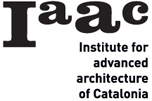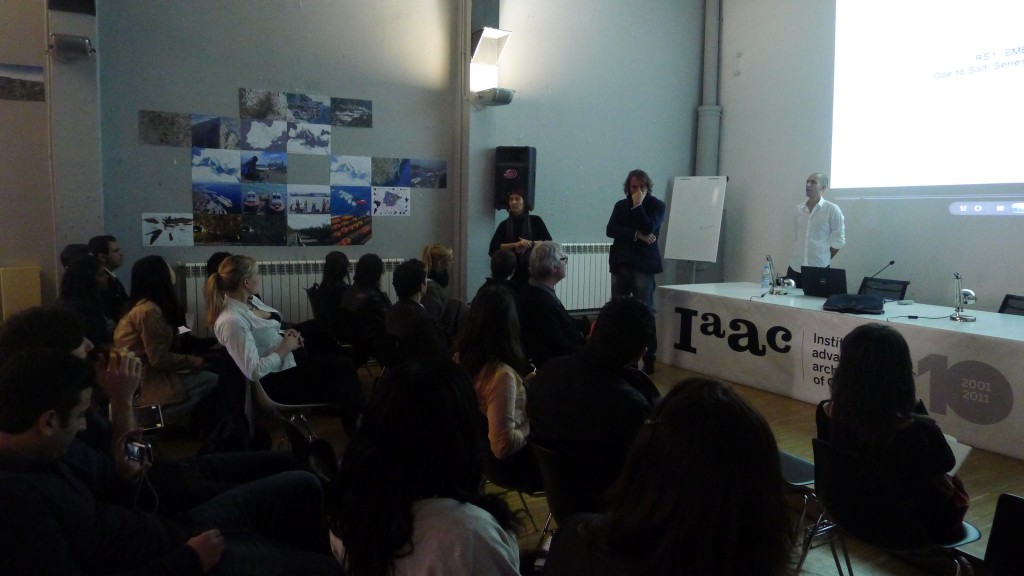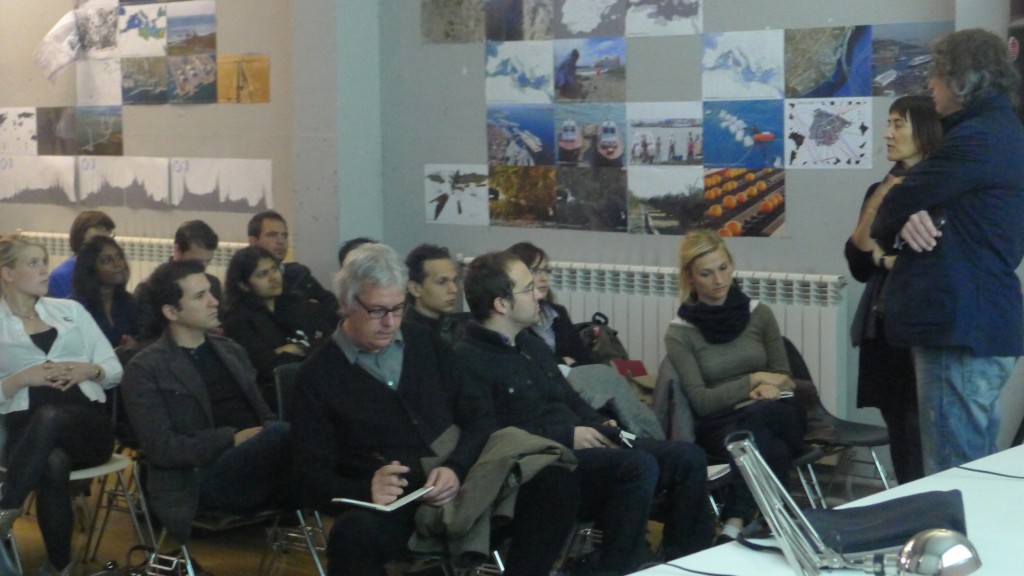The Rs1- Emergent Territories Studio speculates on the concept that architecture should assume a protagonist role in the way cities are conceived, updated and projected, going beyond the scale of a singular building. The concept of city scale buildings has been present in the architectural discourse of the last century. This topic reappears with diverse degrees of intensity in proposals speculating about the future, usually within a 30 to 50 year span. This agenda is quickly reappearing in many provocative architectural proposals developed over the last few years, triggered by the pressing concerns related to environmental depletion and large scale interventions.
Emerging design agendas today are able to explore the symbiotic relationship between buildings and the urban environments they in-form based on fields of fluctuating data, developing morphologies capable of adapting to real time information. This studio brings forward fundamental concepts related to the importance to propose symbiotic systems of organization based on real time data, that can be further articulated into responsive systems and metabolic organizations, where small decisions can have a large impact at urban scale. The need to investigate the capacity of the city to interact, give and receive information and invent new devices capable of monitoring in real time what is happening in the city in terms of traffic, waste, CO2 emissions, and energy use, it’s being investigated by a science that combines urbanism and robotics: Urbiotica. The fluctuating data collected thru sensors provide detailed information of minimums and maximums, instead of the traditional rigid design approach based on averages. This information may be used to design adaptive systems able to create a relationship between programmatic, formal, spatial, and structural decisions.
The Jury consisted of:
Josep Bohigas (BOPBAA)
Enric Massip (EMBA_ESTUDI MASSIP-BOSCH Architects)
Jordi Badia (BAAS)
Luis Fraguada (Bad Architects)
Verena Vogler (Architect)
Working on the site of the port of Barcelona, one of the most important ports in the Mediterranean sea in terms of logistics, each group suggested a different strategy. Projects of the students suggested approaches that included the incorporation of real time data information use, other focused on an intermediate environment, that of the sea, while others were working over the borders of the port and their meaning in connection with the city and more. The groups are to continue their projects in the 3rd term and develop further their ideas.


